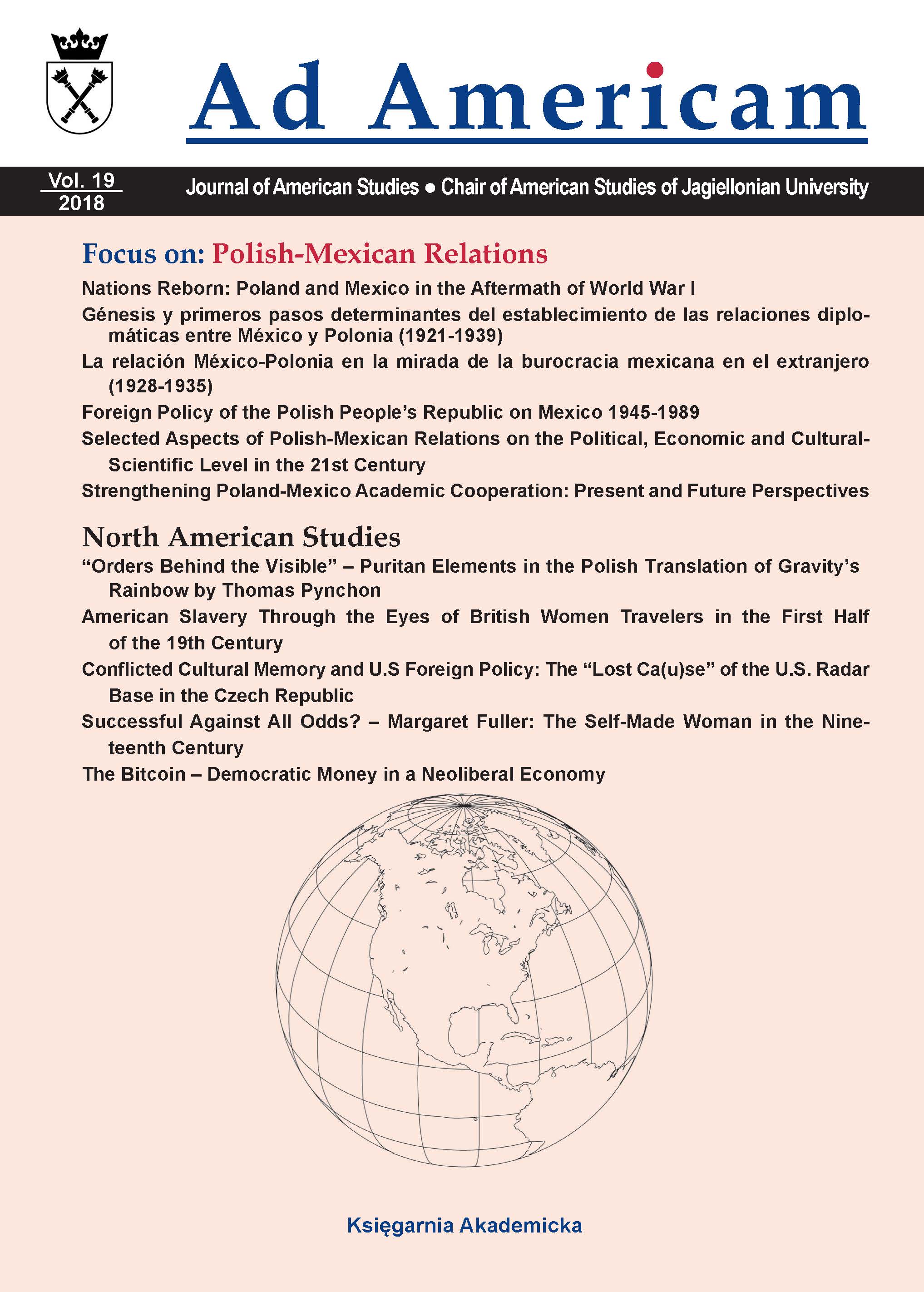Conflicted Cultural Memory and U.S. Foreign Policy: The “Lost Ca(u)se” of the U.S. Radar Base in the Czech Republic
Conflicted Cultural Memory and U.S. Foreign Policy: The “Lost Ca(u)se” of the U.S. Radar Base in the Czech Republic
Author(s): Kryštof KozákSubject(s): International relations/trade, Politics of History/Memory
Published by: KSIĘGARNIA AKADEMICKA Sp. z o.o.
Keywords: cultural memory; foreign policy; transatlantic ties; U.S.-Czech relations; radar base
Summary/Abstract: This article analyzes the developments in cultural memory in Czech-U.S. relations since the end of the Cold War with a special emphasis on the heated debate about placing a U.S. radar base on Czech soil in 2008. It first describes the abrupt transformation in cultural memory related to the transition from communist rule from the transatlantic perspective. It claims that the debate about the radar base is a clear indication of the shift within cultural memory, which became much more contested, especially when compared with the previous period culminating with the Czech Republic’s entry into NATO. As cultural memory is closely linked to dominant historical narratives as well as identity, the findings have serious implications for the future of the transatlantic ties in the region.
Journal: Ad Americam. Journal of American Studies
- Issue Year: 2018
- Issue No: 19
- Page Range: 123-142
- Page Count: 20
- Language: English

